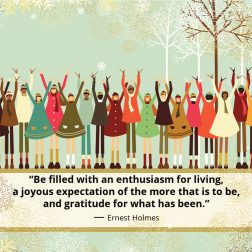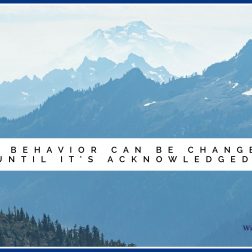
In today’s fast-paced world, being organized is more than just a skill; it’s a necessity. Effective organization can mean the difference between chaos or success. But how organized are you really? I’m diving into this myself, so let’s explore the signs of good organization and how you can improve your skills.
Before we dig into the nitty-gritty of assessing your organizational skills, it’s essential to understand why being organized is so crucial, especially for professionals.
- Increased Productivity: When you’re organized, you spend less time searching for materials or information and more time focusing on tasks that matter. This efficiency will lead to higher productivity and better performance at work.
- Reduced Stress: A cluttered workspace often leads to a cluttered mind. By keeping things organized, you will reduce stress and create a more positive work environment.
- Better Time Management: When you’re organized you will become noticeably better at managing your time. Prioritizing tasks effectively, meeting deadlines, and maintaining a healthy work-life balance will help. An added bonus: Mastering the art of prioritizing tasks, hitting deadlines, and striking a healthy work-life balance is key to unlocking your self-confidence and will build others’ confidence in you.
Here’s a quick quiz from David Allen’s “Getting Things Done Workbook”:
Rate each of the following statements using the scale provided:
1 = strongly disagree
2 = disagree
3 = neither agree nor disagree
4 = agree
5 = strongly agree
- I write down ideas and to-do items when they first show up.
1 2 3 4 5 - I keep a complete list of all my next actions.
1 2 3 4 5 - I keep a record of what I am waiting for from other people.
1 2 3 4 5 - My calendar contains only appointments or day-specific information that I need.
1 2 3 4 5 - I have a single list of all my current projects.
1 2 3 4 5 - I have at least one recorded next action for each of my projects.
1 2 3 4 5 - I get my email inbox to zero every day or so by going through each email and putting it where it belongs. 1 2 3 4 5
- I can store and access reference material easily when needed, whether it is paper or digital.
1 2 3 4 5 - I have designated in-trays in all the places I need to capture all my incoming paper and stuff.
1 2 3 4 5 - I get my paper in-tray(s) to empty every day or so.
1 2 3 4 5 - When I get behind or overwhelmed, I know how to get back on track by engaging with my next actions, projects, and calendar.
1 2 3 4 5 - I take time each week to get caught up and to review how I am doing with my professional/personal work.
1 2 3 4 5 - I have a trusted place I can easily find and look at to see additional/support information about any project I am working on.
1 2 3 4 5 - I have a framework I can use in order to best choose what to work on at any particular time.
1 2 3 4 5 - When unexpected demands arise or interruptions occur, I can easily evaluate their priorities against everything else I have to do.
1 2 3 4 5
Total your score = ______ (out of 75)
Scoring Key
15–30: You really need David’s workbook; don’t worry, it walks you through the process.
31–46: You are getting a glimpse of what it feels like to live a productive life.
47–62: You are doing well! Keep going!
63–75: You are close to being masterful! This last fine-tuning will make a huge impact for you.
(David Allen)
Being organized is not just about keeping things neat and tidy. It’s about creating systems (at home and work) that help you manage your time, reduce stress, and be more productive. By assessing your current level of organization and then implementing systems (behaviors & habits) to help you stay on track, you can make significant strides toward becoming a more organized, effective, and efficient professional.
Ready to get started? Take a moment to assess your current organizational habits and make a plan for improvement. Your future self will thank you!



